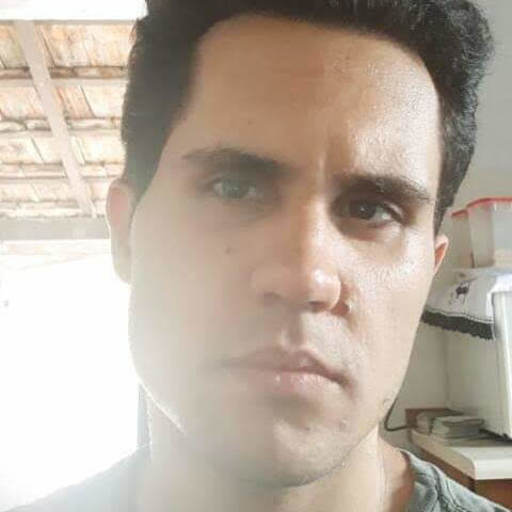Neurodiversity @ IBM
Rodolpho Agizzio Molina: Developing a Better Future for Inclusive Tech
“Neurodiversity is important because it’s inviting innovative insights into businesses, aggregating so much
for production, development and people’s quality of life”
– Rodolpho Agizzio Molina, Application Development Specialist

Tell me about yourself.
Growing up, neurodiversity was always a presence in my life, something that wasn’t just part of my world, but also my family’s world. In addition to my own diagnosis, my younger brother Victor also grew up with autism. While Victor and I shared a commonality, he grew up much more limited than me. Since I could function at a different level, I was able to continue my education into college, while Victor stopped attending after middle school.
Contrary to some of the misconceptions that might be out there around neurodiversity, I was always a very curious kid that enjoyed studying and learning new things. I think that curiosity is what attracted me to continue my education and study IT and coding. From there, I found work as a freelance programmer, and later an IBM contractor through Specialisterne, a company that specializes in recruiting people on the spectrum in the IT field. Through my contractor role I was eventually hired on as an official IBMer, and the rest is history.
What are some interesting projects you’ve worked on during your time at IBM?
My team and I are currently working on some applications to improve how IBM sells its machines and equipment to other companies. We’ve been tasked to work on automated testing scripts to be run each time our team adds something new to the applications, which ensures new changes are not harming the applications’ functionalities and usability. The project is still in the process of receiving updates, but it’s been successful thus far and we’re thrilled to continue our work on it in order to help drive such an important aspect of the business forward.
How does technology or the work you do at IBM impact society?
The applications we work on directly improve IBM’s trade with various companies by facilitating the acquisition of its state-of-the-art equipment and machines.
What does Neurodiversity Acceptance Month mean to you?
It means a time to remember that neurodivergent people are just that, people. Just like any other community, we all come in different shapes and sizes – we’re no different from any other person you meet who has their own uniqueness. While our brains might function differently from our peers, we have so many similarities - we still have goals and aspirations, strengths and weaknesses. And just like with anyone else you interact with, people should be welcoming and receptive to the neurodivergent community and understand the value in what sets them apart.
What is an interesting fact about you that not many people know?
I’m currently working toward my second degree, which I’m excited about. I acquired my first degree in Digital Games with a monography detailing an “autistic-friendly” game design. The outline is a step-by-step guide on how to design digital games for people with low-functioning autism - something that personally resonated with me, which made the project that much more fulfilling. The monography is available publicly at the library of the Faculdade de Tecnologia de Americana.
If you could give business leaders one piece of advice to better accommodate neurodivergent professionals and create more inclusive workplaces, what would it be?
Business leaders should keep in mind that neurodivergent people are unique. There aren’t two with the same needs, nor are there two with the same talents. There’s no standard approach to supporting the community as a whole. Each individual requires a different level of support and understanding. Each also contributes their own unique skills and benefits to the company. Similar to any diverse workplace, each employee (neurodivergent or not) should be characterized by their own individuality, rather than a diagnosis or group they identify with.